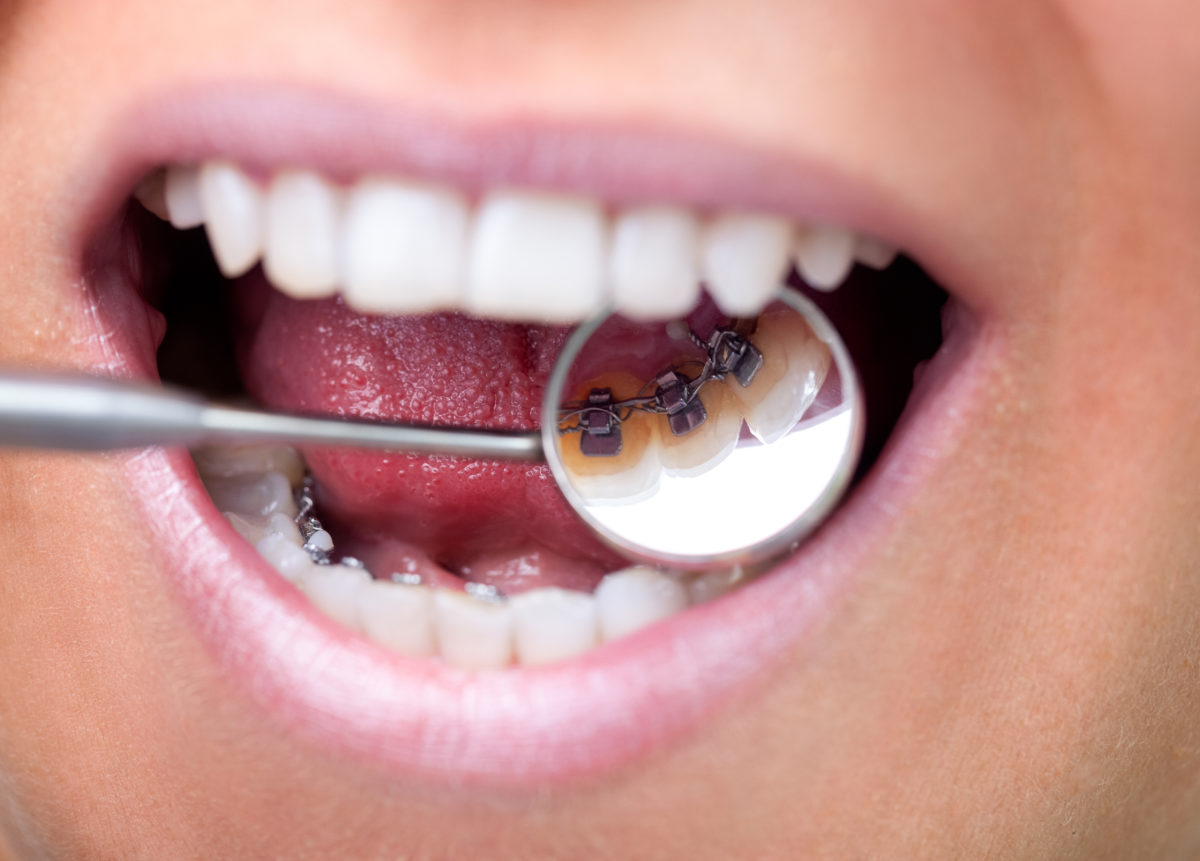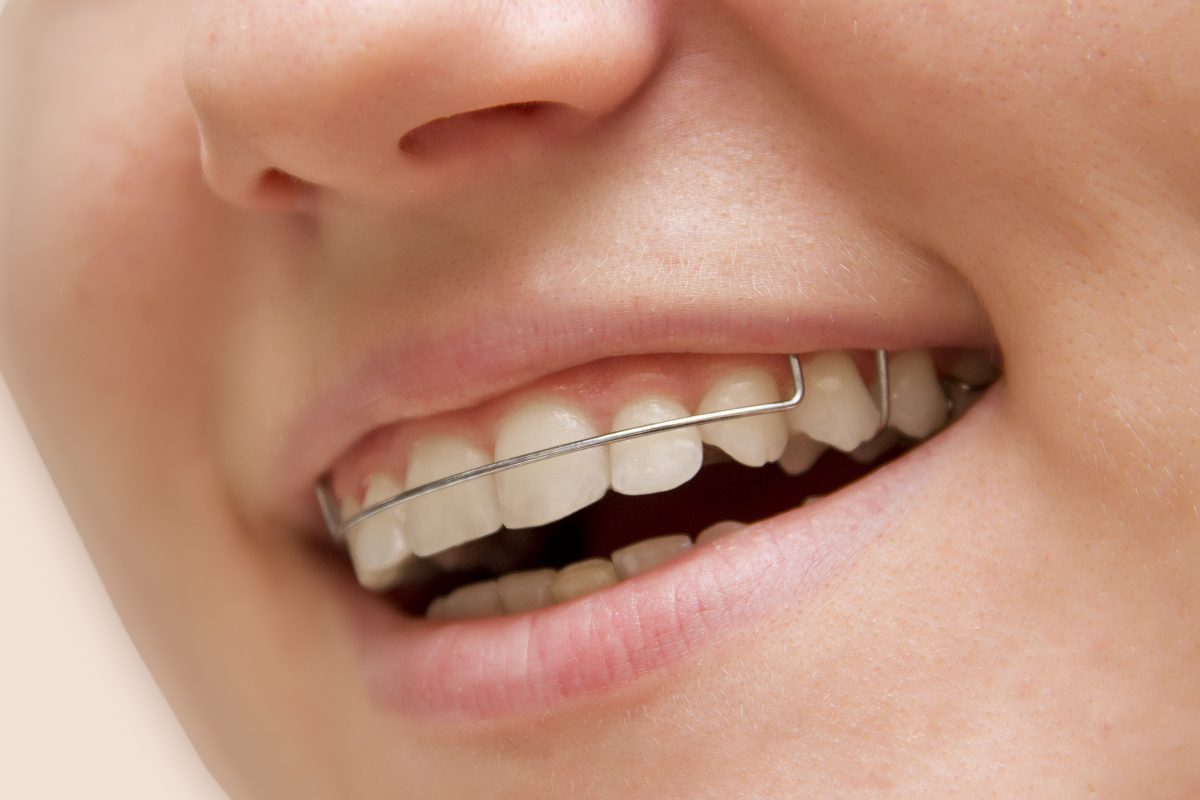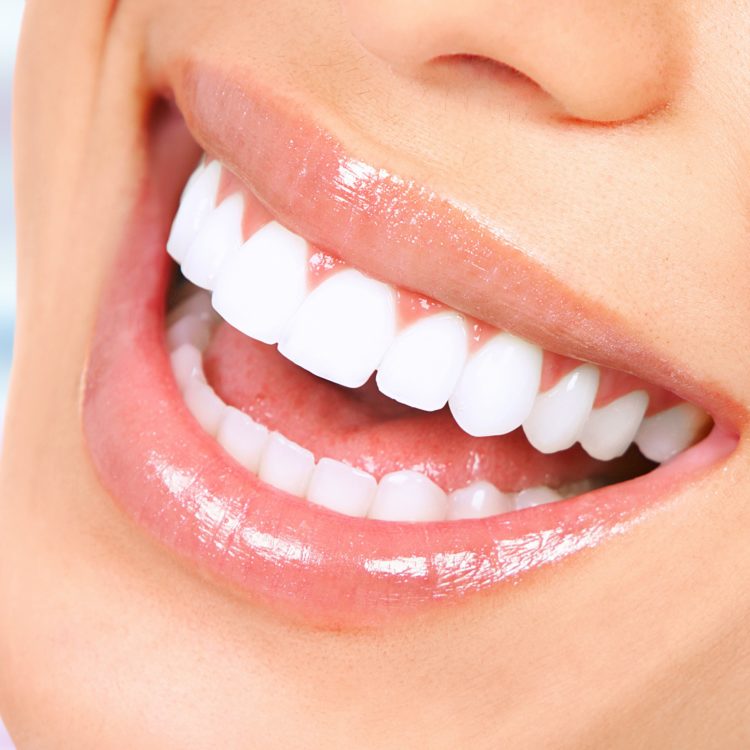Braces, Invisalign, retainers, and veneers – all these oral appliances are devices that help achieve and maintain a beautiful smile. To help them work their magic and possibly extend their lifespan, they must be maintained and cleaned properly.
Aside from regular toothbrushing, there are other ways by which you can ensure this for each specific oral device. To get you started, below are nine of the most crucial oral appliance care tips you must know to keep your smile happy and bright.
Braces
Braces are orthodontic devices that help adjust the alignment of teeth and treat numerous dental conditions. They can also help alleviate speech issues, among other things. This kind of mouth appliance works best when free of debris, which is why you must always:

Clean braces with the right tools
Aside from regular brushing, cleaning your braces with the right tools is necessary to ensure that they keep functioning as they should. When flossing, you can use floss-threaders or water flossers to get rid of food particles lodged in between teeth, especially along those hard-to-reach areas.
Gargle with plenty of water
Since eating isn’t limited to breakfast, lunch, and dinner, you must make a point of gargling with plenty of water after every snack you have. This will ensure that the remnants of food are flushed out of your teeth and dental braces.
Invisalign
Clear teeth aligners called Invisalign are oral appliances that help guide the teeth into their proper positions. However, unlike braces, these devices don’t cause much change in the patient’s appearance, which may be highly desirable for people who are willing to invest in them.
Proper maintenance and care for Invisalign aligners entail:
Removing the oral appliance while toothbrushing
Maintaining good oral hygiene while wearing Invisalign is much easier compared to braces since you can remove it from your teeth and clean it separately. This means you can perform the task more thoroughly and ensure that no food debris remains on the oral device.
Using the right pair of toothbrush and toothpaste to get rid of any food particles
After removing the Invisalign aligner, you can brush it as you would brush your own teeth. However, make sure to use a soft-bristled toothbrush and non-abrasive toothpaste to ensure that the device remains in good condition whilst being cleaned thoroughly.
Dealing with calcium buildup
If you notice calcium buildup in your Invisalign aligner, you should soak it in denture cleaning solution. Make sure to follow the instructions on the product label to avoid damaging the oral device.
Retainers
Like braces, retainers help ensure that the teeth remain in their proper alignment. They are used following the removal of aligners to ensure that the teeth stay in their new positions, especially if the patient is still growing.
To take care of your retainer, you must:

Use a special type of toothpaste and toothbrush
Like Invisalign, you can clean your retainers separately using a soft toothbrush and a special type of toothpaste. Avoid using the same set of teeth cleaning tools for your teeth and these oral appliances to ensure that the retainer remains free of any bacteria.
If you don’t want to spend too much money on a special toothpaste, you can also use unscented hand soap and warm water in cleaning your retainer and rinse it with cool water afterward. Never use bleach or other products with bleaching agents to avoid damaging your oral appliances.
Store them properly
Proper storage is also essential in the care and maintenance of retainers. Make sure to have a clean case to store your oral appliance in or keep it in a glass of clean water overnight.
Veneers
Dental veneers are oral appliances made from porcelain that help recreate the ideal appearance of natural teeth. They are also used to strengthen and protect the underlying surfaces of the teeth.
If you are looking to extend the lifespan of your veneers, it is important that you follow these oral device care tips:

Don’t bite into tough objects
While the teeth’s primary purpose is to begin the process of digestion, they are sometimes used for other tasks like opening bottles. However, if you’re wearing dental veneers, you might want to get a bottle opener instead because biting into hard objects may damage or chip the porcelain. This also applies to habitual biting mannerisms such as chewing on pens and ice which can cause the oral appliance to break, and damage the teeth as well.
Avoid hard, sweet, starchy, acidic, and colored foods and drinks
Some of the hard foods you must avoid while wearing veneers include raw fruits and vegetables (e.g., carrots and apples), chips, and cuts of meat with the bone in.
Starchy and sweet foods like candies, bread, pasta, and crackers should also be avoided. The same goes for carbonated soda, fruit juice, and other sugar-sweetened drinks as they can cause tooth decay.
Also, make sure to stay away from acidic foods and drinks like citrus fruits and their juices since they can degrade the veneers from extended exposure to acid.
It’s All About Following Instructions
Proper maintenance and care for oral appliances like braces, retainers, Invisalign, and dental veneers are necessary to ensure their efficacy.
This means that, if you want to get and maintain that cavity-free smile, you should understand how to clean, store, and care for the dental device you are using. Listen to your dentist’s instructions following installation and follow the oral device care tips listed in this article.